Description
Neupax para que sirve?
Neupax Alprazolam is a medication that belongs to the class of benzodiazepines. Benzodiazepines act on certain receptors in the brain and have a calming effect on the central nervous system.
The drug is available as tablets for oral use. The dosage depends on the reason for which the drug is used, the patient’s health condition, their age, and their response to treatment.
Neupax. What is it used for?
- neuroses;
- anxiety disorders;
- mixed anxiety-depressive states;
- panic disorders.
The drug is also sometimes prescribed for other conditions, such as agoraphobia or severe premenstrual syndrome (PMS). If this product does not meet your needs or interests, you may want to look at Halcion Triazolam. Please visit this link for further information on our Sleeping Disorders Pills
How to use. The dosage and course of treatment
Orally, 2-3 times a day regardless of meals. Doses of the drug are selected depending on the severity of the syndrome, the individual sensitivity of the patient, and his reaction to the drug.
It is started with minimal doses (0.25-0.5 mg/day) with a subsequent increase at first in the evening and then in daytime hours. Elderly and weakened patients – 0.25 mg 2-3 times per day. Further dose increases (up to 0.5-0.75 mg/day) are performed with caution if the drug is well tolerated.
In anxiety states, anxiety, the initial daily dose is 0.75-1.5 mg and may be increased to 3-4.5 mg/day.
In panic disorder, 0.5 mg three times a day, the daily dose may reach 3-6 mg, the highest daily dose is 10 mg.
The duration of the prescription of the drug is from several days (for acute anxiety) to 3 months. Because of the possibility of drug addiction, a longer continuous prescription of the drug is not recommended.
If it is necessary to stop therapy, the dose is reduced gradually by 0.5 mg every 3 days (abrupt termination of therapy with the drug may cause aggravation of anxiety and fear).
The action of the drug on the human body
The tranquilizer has an anxiolytic, sedative, hypnotic, anticonvulsant and myorelaxant effect.
The mechanism of action of Neupax (Alprazolam) on the human body is to enhance the inhibitory effect of GABAergic neurons in the central nervous system. GABA is the main inhibitory neurotransmitter of the brain. The drug mimics the effect of GABA, having a calming effect and reducing anxiety.
In addition to stimulating GABA, the anxiolytic alprazolam also increases levels of another neurotransmitter, dopamine. Dopamine induces feelings of pleasure and is one of the chemical drivers of internal reinforcement. It is responsible for enhancing feelings of “reward” in the brain and thus contributes to the development of pleasure addiction.
For example, when a person eats a sweet and delicious cake, a small amount of dopamine is released in his brain. As a result, he has the desire to eat another piece in order to experience pleasurable sensations again. Dependence on benzodiazepines and other psychotropic drugs develops on exactly the same principle.
The anxiolytic effect of Alprazolam is manifested in the form of a reduction of emotional tension, anxiety, worry, and fear.
It is combined with a moderately pronounced soporific effect: the drug shortens the period of falling asleep, improves the quality of sleep, and reduces the number of night awakenings. The mechanism of sleeping pills’ action is the inhibition of reticular formation cells of the brain stem.
How does dependence on Neupax manifest itself?
Firstly, the person’s appearance and behavior changes. He looks tired, has an unhealthy complexion, becomes untidy, and neglects personal hygiene.
The sudden appearance of secrecy, strange behavior, increased irritability, aggressiveness, loss of interest in social activities, disregard of personal and professional obligations should also be alarming.
Since Neupax (Alprazolam) is a depressant and slows down the central nervous system, its serious side effect is the appearance of depression, feelings of sadness and hopelessness. In some cases, Alprazolam can cause hallucinations.
Physical signs of Neupax use include:
- excessive drowsiness;
- slurred speech, poor coordination or difficulty walking;
- blurred vision;
- slowed breathing;
- decreased blood pressure;
- nausea and vomiting.
Dependence on Neupax (Alprazolam) occurs when the drug is used for too long, in non-therapeutic dosages, without indications, or combined with other narcotic substances, which leads to adverse effects.
Side effects
Neupax when abused damages a person’s physical, mental and emotional health.
The most common side effects of Alprazolam are:
- dizziness and preconsciousness;
- severe drowsiness;
- disorientation;
- blurred vision;
- headache;
- memory and concentration problems;
- insomnia;
- dry mouth;
- constipation or diarrhea;
- nausea or vomiting;
- muscle weakness;
- impaired appetite;
- decreased libido;
- depression;
- amnesia;
- suicidal tendencies.
In addition, the harm of Neupax (Alprazolam) lies in the fact that under the influence of the drug, drug addicts commit risky and rash actions, make irrational decisions. This negatively affects the relationship with loved ones, colleagues and friends.
Aggression, irritability and emotional instability eventually lead to the fact that the person may lose their family or position at work.
How long the drug stays in the body?
Neupax (Alprazolam) can be detected in the body for up to 90 days after its use, depending on the type of drug test, as well as many other factors.
This drug is a short-acting benzodiazepine. After it is taken in pill form, peak levels of the substance are detected in the blood 1-2 hours later. The average half-life of Neupax (Alprazolam) in healthy adults is 11 hours.
Contraindications
Neupax (Alprazolam) is not prescribed to patients in the following cases:
- a history of hypersensitivity reactions to the active or additional components of the drug;
- lactose intolerance;
- If a patient with respiratory insufficiency;
- severe renal or hepatic impairment;
- myasthenia gravis;
- acute onset of glaucoma;
- Alprazolam is not used in pediatric practice;
- Neupax (Alprazolam) should not be administered to patients with alcoholism (during therapy with Alprazolam, the use of alcoholic beverages and drugs containing ethyl alcohol is prohibited).
During taking the drug Neupaks (Alprazolam), you should not engage in activities that require increased concentration and speed of psychomotor reactions.
Overdose
Taking Alprazolam in excess of recommended doses (more than 500 mg at a single dose), patients may develop confusion, drowsiness, impaired coordination of movements, nystagmus, decreased reflexes, speech disorders, arterial hypertension as well as coma.
In case of Neupax overdose, gastric lavage and prescription of enterosorbent agents (in order to reduce absorption of Alprazolam) is indicated. If necessary, measures and therapy to maintain cardiovascular and respiratory system function are carried out. Flumazenil administration is indicated for in-hospital overdose therapy.

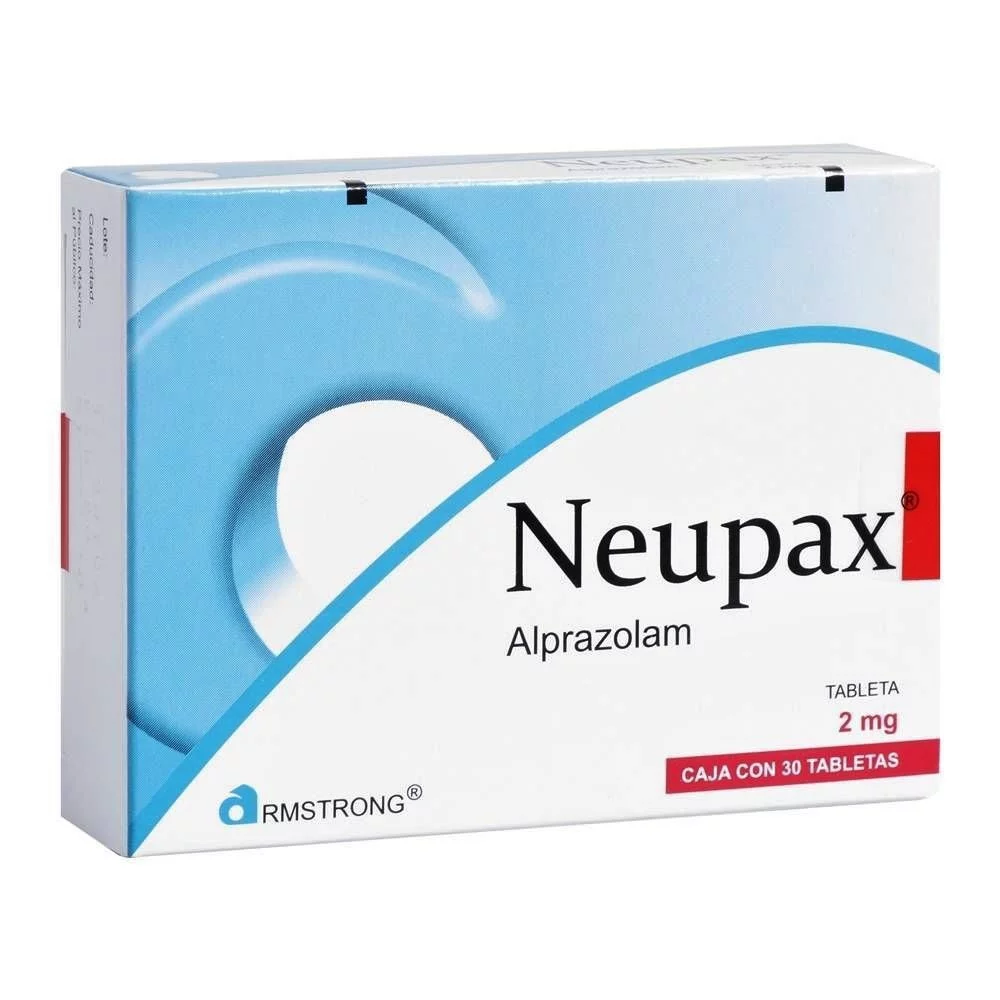
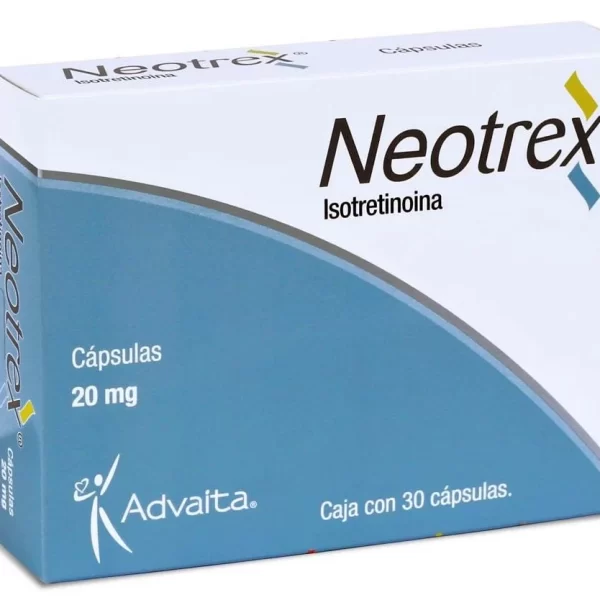
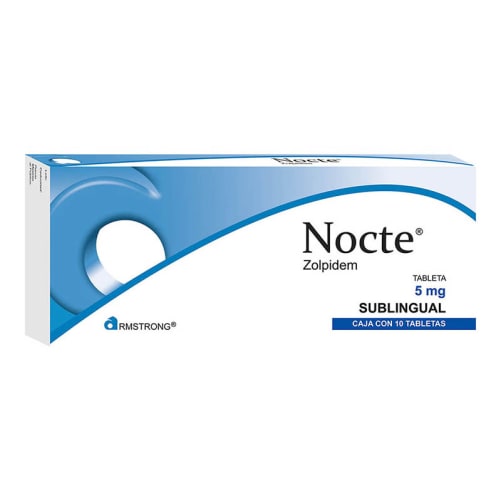


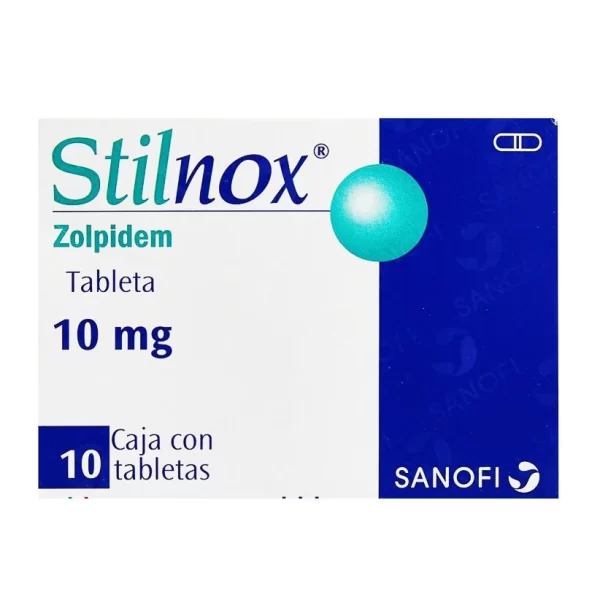
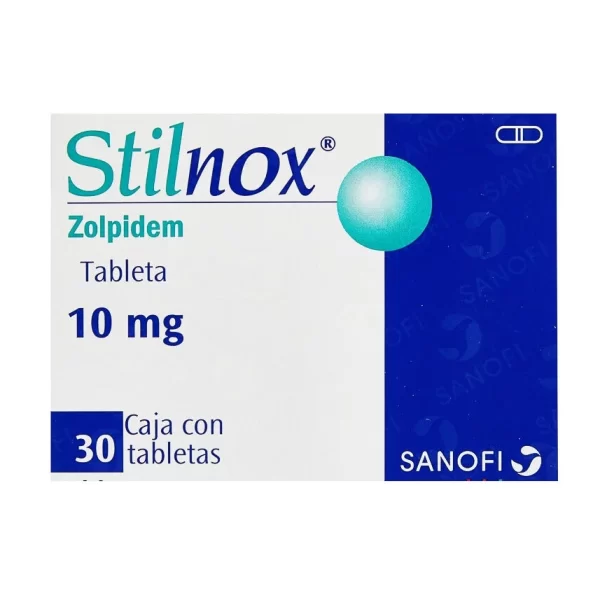
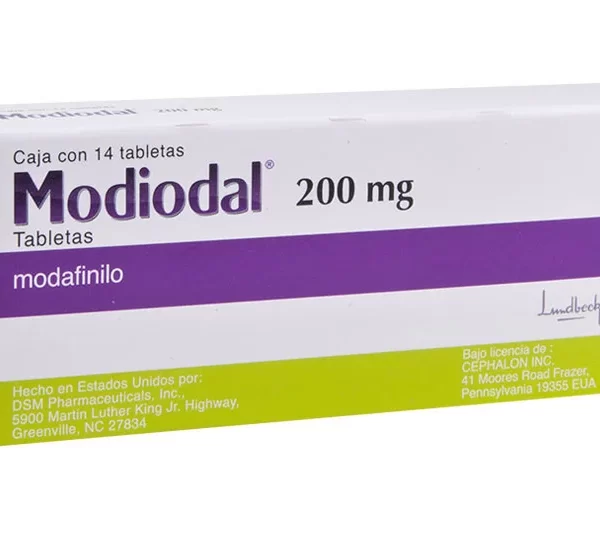
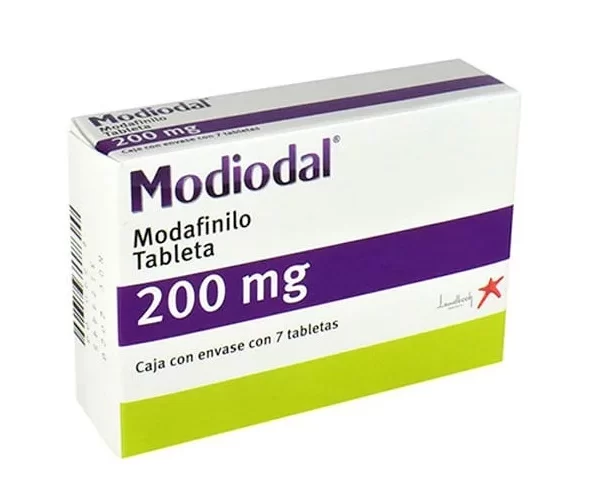
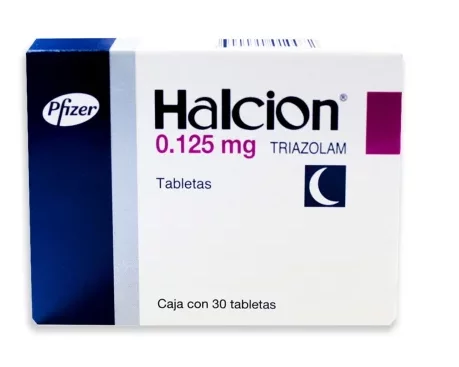
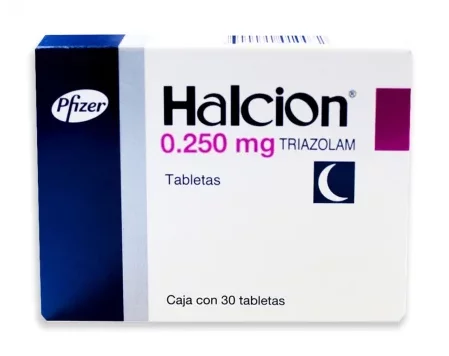
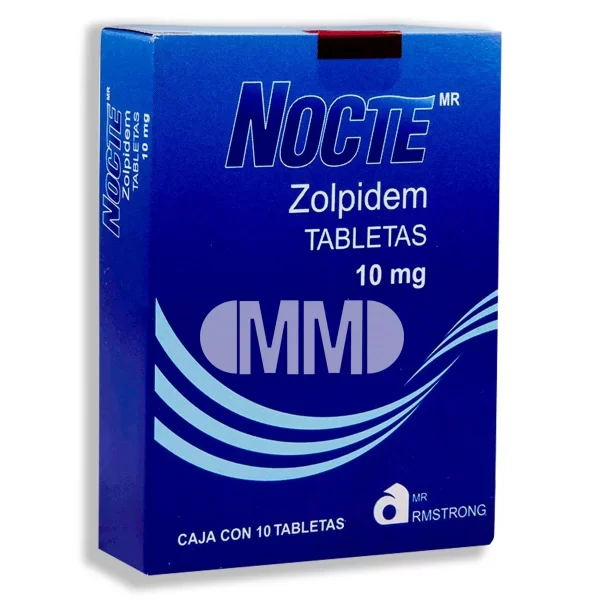
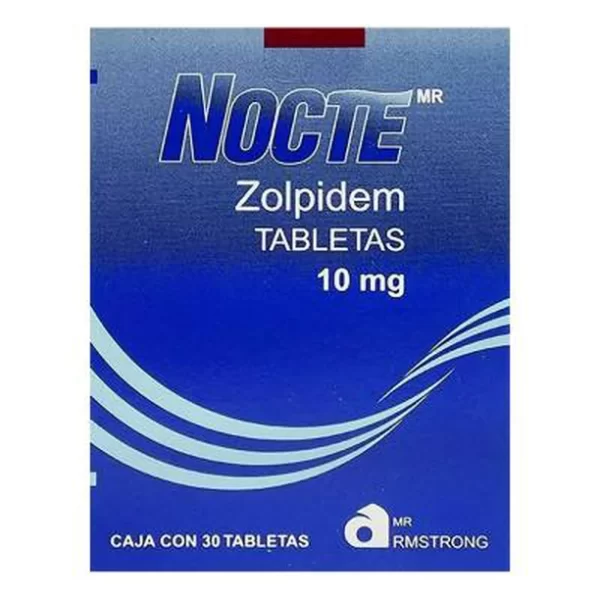

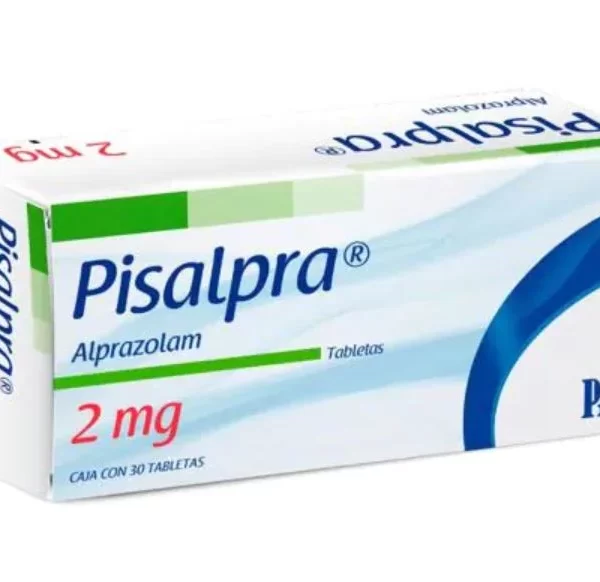
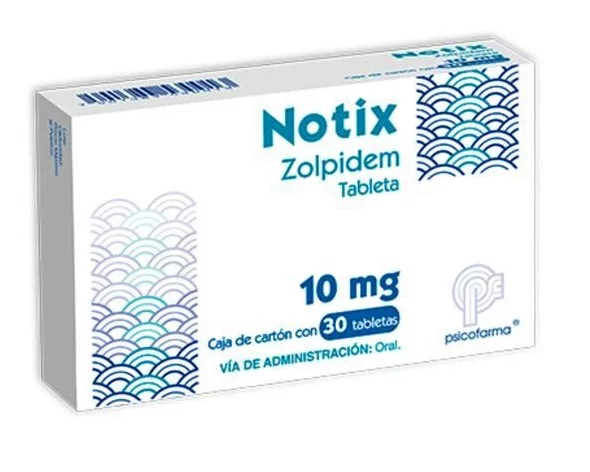
Reviews
There are no reviews yet.